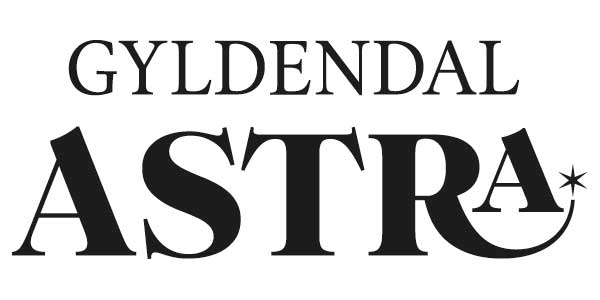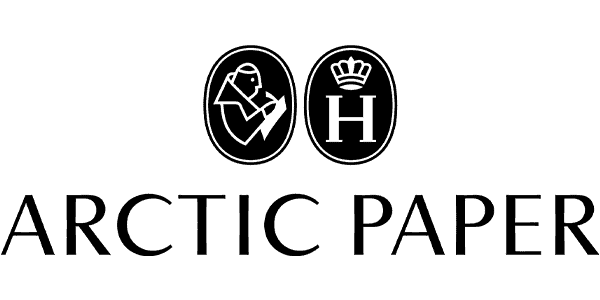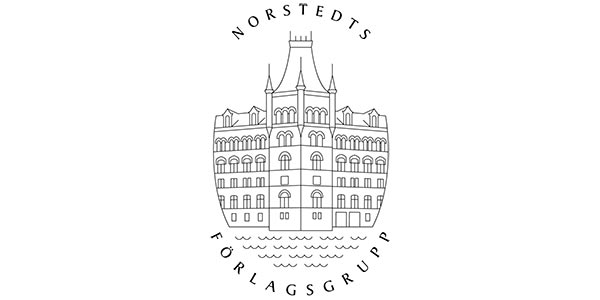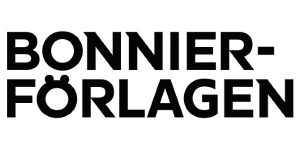
Educational work beyond carceral logics : stereoscopic engagements with educational philosophy and abolitionism

| Serie | Gothenburg Studies in Educational Sciences (504) |
|---|---|
| Författare | |
| Förlag | Acta Universitatis Gothoburgensis |
| Genre | Samhälle, politik och debatt |
| Format | Häftad |
| Språk | Engelska |
| Antal sidor | 200 |
| Vikt | 418 gr |
| Utgiven | 2025-09-05 |
| SAB | O |
| ISBN | 9789179632236 |
Schools are often burdened with solving societal problems. The way in which these problems are defined by society influences the approaches taken to address them and informs how the work and purpose of schools is understood. In Sweden, one such problem that has received increasing attention in recent years is crime. This dissertation addresses the educational implications of such developments. Framing schools in relation to crime is made possible through carceral logics, which are the taken-for-granted ways of thinking that criminalization, the police, and criminal justice are reasonable solutions to societal issues. The work of this dissertation can be understood as paying attention to the conditions under which education may or may not happen within and beyond carceral logics. This dissertation takes its starting point in the assumption that, if we are concerned about the educational potential of schools, we need to be able to account for the educational implications of and beyond carceral logics within schools. Using a stereoscopic approach that considers both educational philosophy and abolitionism, this dissertation explores the educational implications of and beyond carceral logics within schools through educational-philosophical inquiry. This dissertation argues that educational possibilities are limited in a school of crime prevention and police involvement and proposes how education could be made possible through educational work beyond crime prevention and police involvement. Furthermore, this dissertation imagines practices beyond carceral logics in schools and discusses new possibilities for educational work. The overall contribution of this dissertation offers an argument for what might be educationally lost when the school is framed in relation to crime and imagines beyond the societal demands such a framing imposes. Ultimately, the arguments in this dissertation are discussed through a theorization of educational work beyond carceral logics.

























